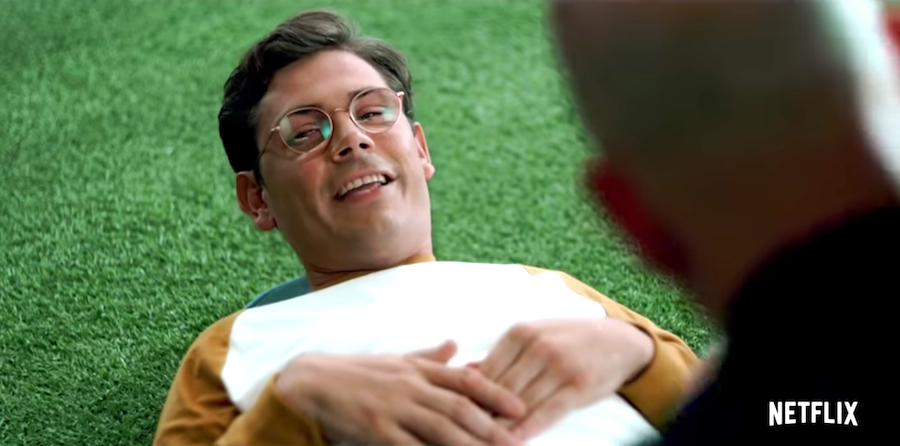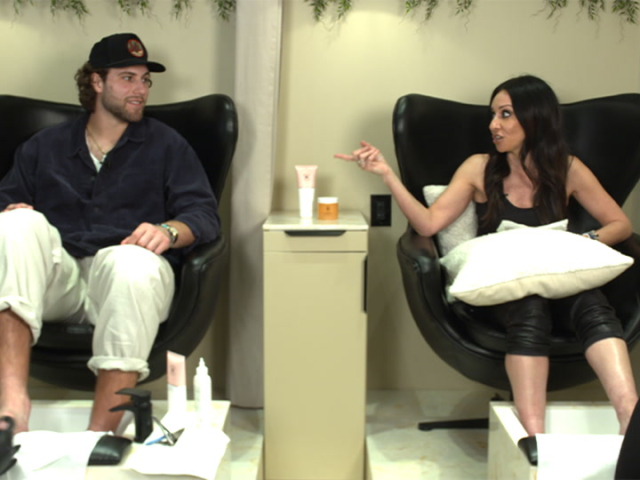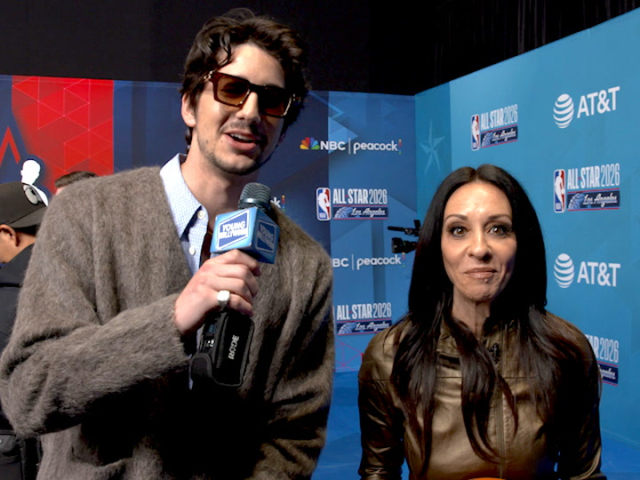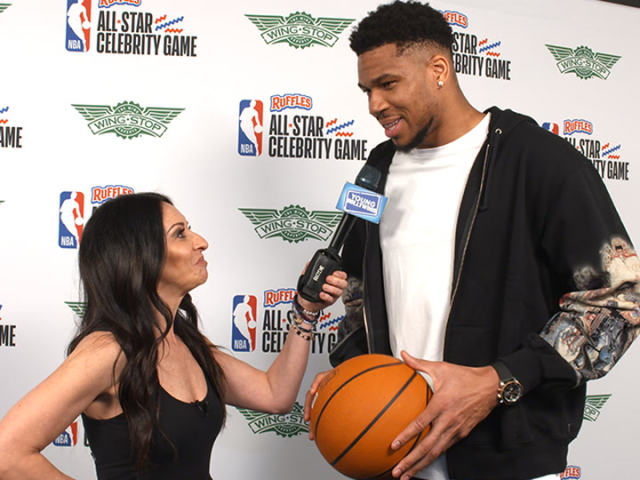How Netflix's "Special" Defies Stereotypes!

Being a gay Millennial in Los Angeles can be hard. We are expected to constantly be attractive, have the perfect sculpted body, and, for some reason, always desire iced coffee.
Today’s schedule:
— ?????????????? (@jamesxingleton) August 29, 2018
1) Get an iced coffee
2) drink iced coffee
3) be gay
However, in the original Netflix series "Special", created by Ryan O’Connell, we get a glimpse into the life of a gay man who doesn’t fit into this impossible gay box.
O’Connell is awkward, a virgin, and wears bulky nerdy glasses that just make him look adorable. The show is semi-autobiographical and focuses on a man of the same name who struggles with a mild form of cerebral palsy. In O’Connell’s actual life, he was hit by a car at the age of 20 and proceeded to tell everyone that it was the cause of his limp. The show starts in the same manner and follows O’Connell as he discovers more about his sexuality and learns to own up to his disability.
O’Connell is desperate for a shot at what he considers to be a normal life. To him, that includes not being defined by his disability, having a boyfriend, and just to simply feel desired. Honestly, who wouldn’t want that life? But like many, O’Connell has to defy the stereotypes that tell him he can’t have those things. Yet, like all of us, he comes to learn that we are the ones who truly get in our own way.
O’Connell is not the norm and, on numerous occasions throughout the show, comments on this. When he attempts to use Grindr, a gay hook-up app, he’s insecure. He calls beautiful people “free scone people” because they are the ones who always get free stuff and claims he’s not one of them. When he goes to a pool party, he refuses to take off his shirt because of all the perfectly sculpted shirtless men. And at one point that broke my heart, he says he doesn’t deserve to be loved because of the way he looks. In his eyes, everyone else is the epitome of what he lacks.
Although O’Connell is gay, it is not his identifier. He never makes his sexuality who he is, and to me, that is a huge step away from the stereotype that being gay is all there is to a person. How many times do women expect a gay man to be their sassy best friend? Too often. But the main closet he faces is the disability closet, and he really normalizes sexuality.
The show does a wonderful job at portraying the reality of being gay -- the awkwardness that comes with gay sex, the insecurity of having the perfect body, and the underlying desire to just be loved. O’Connell isn’t a sex symbol. He’s not the stereotypical gay man you think of, and like other stereotypical gay films, he’s not trying to find himself in his sexuality. He’s just simply trying to find himself, and to me, that’s a lot more enjoyable to watch.



